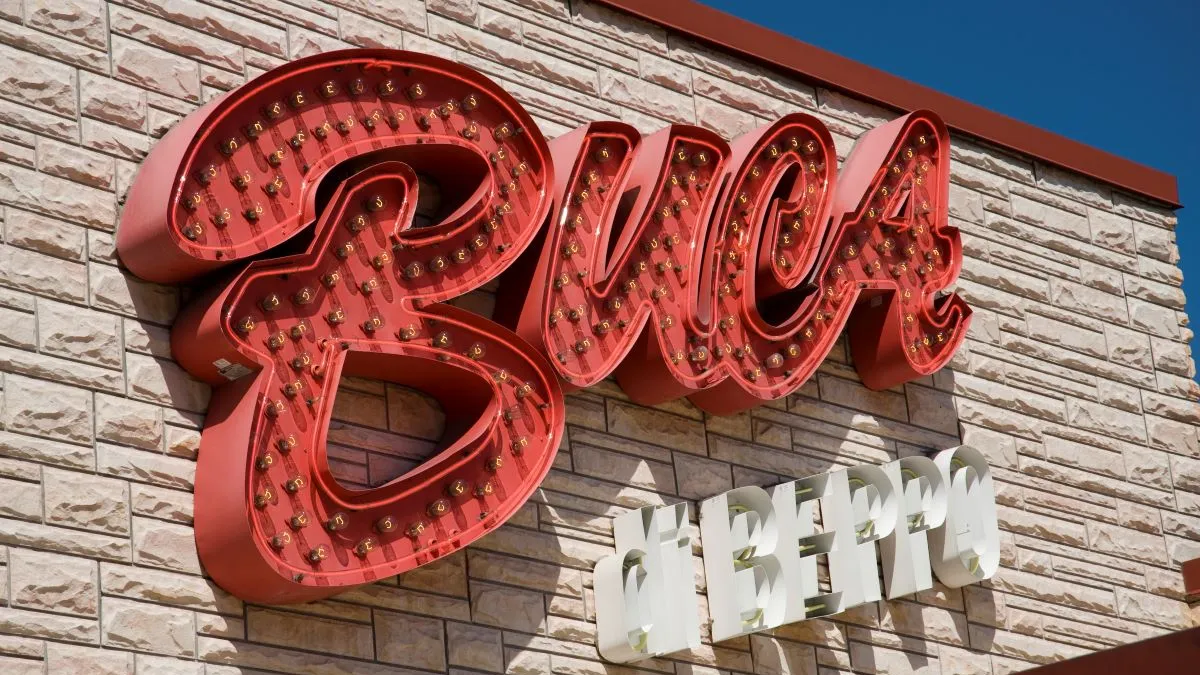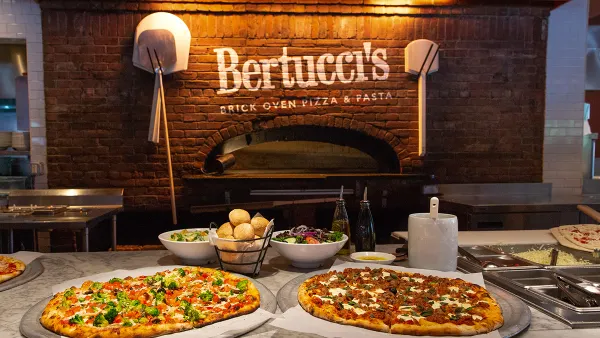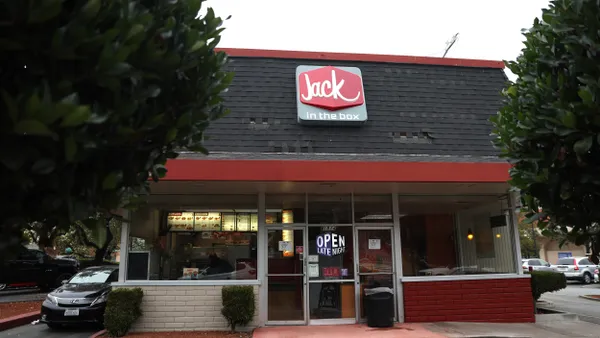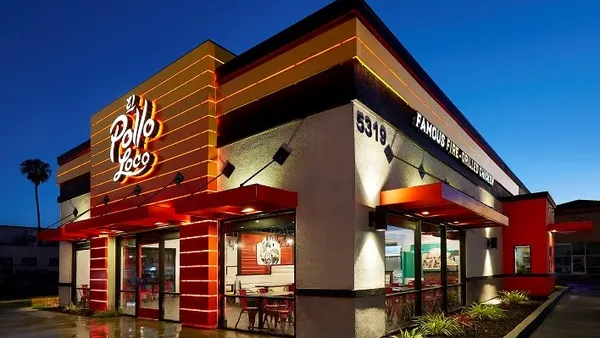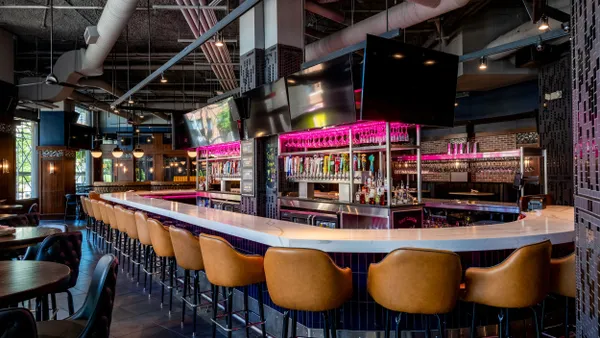Dive Brief:
- Buca di Beppo will be sold to its stalking horse bidder Main Street Capital Corporation for $27 million after the court approved the deal during a Nov. 1 hearing, according to court documents filed this week.
- The casual chain, which filed for Chapter 11 bankruptcy protections in August, did not receive any qualified bids during the bidding process.
- Emerging from Chapter 11 with a new owner could help the 44-unit chain improve operations and enhance the dining experience, the chain said in August.
Dive Insight:
Buca originally secured a $47 million loan in 2015 with Main Street Capital. As of its Chapter 11 filing, Buca owed Main Street nearly $39 million in principal and accrued interest as well as additional fees and costs.
In August, Main Street provided $36.3 million in debtor-in-possession financing, Chief Restructuring Officer William Snyder said in a court filing.
Prior to filing for bankruptcy, Buca di Beppo closed 20 underperforming stores, bringing its unit count down from 64 units last year to 44 units in July 2024. The chain faced increases in food and labor costs and decreases in traffic, Snyder wrote.
The chain also performed an analysis of its operations and undertook various cost savings and revenue saving measures including vendor consolidation, optimization of labor hours and menu additions and promotional activities. But that was not enough to sustain operations, given its poor liquidity position, Synder said.
Buca’s sales slid by 5% in 2024 compared to 2023 and by 14% since 2021. Net revenue was $74.8 million and restaurant-level EBITDA was $3.1 million from January to May 2024, representing a decline of 10% and 18%, respectively, compared to the previous year’s period, Synder said.
Buca is just one of several chains to file for bankruptcy protections this year. Red Lobster emerged from bankruptcy in September with new owner Fortress Investment Group. One Table Restaurant Brands, Roti, Rubio’s, World of Beer and TGI Fridays have all filed for Chapter 11 this year. Chains have been struggling post-pandemic with declines in sales, rising labor and operating costs and diminishing customer traffic.



